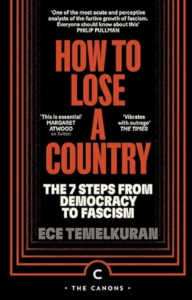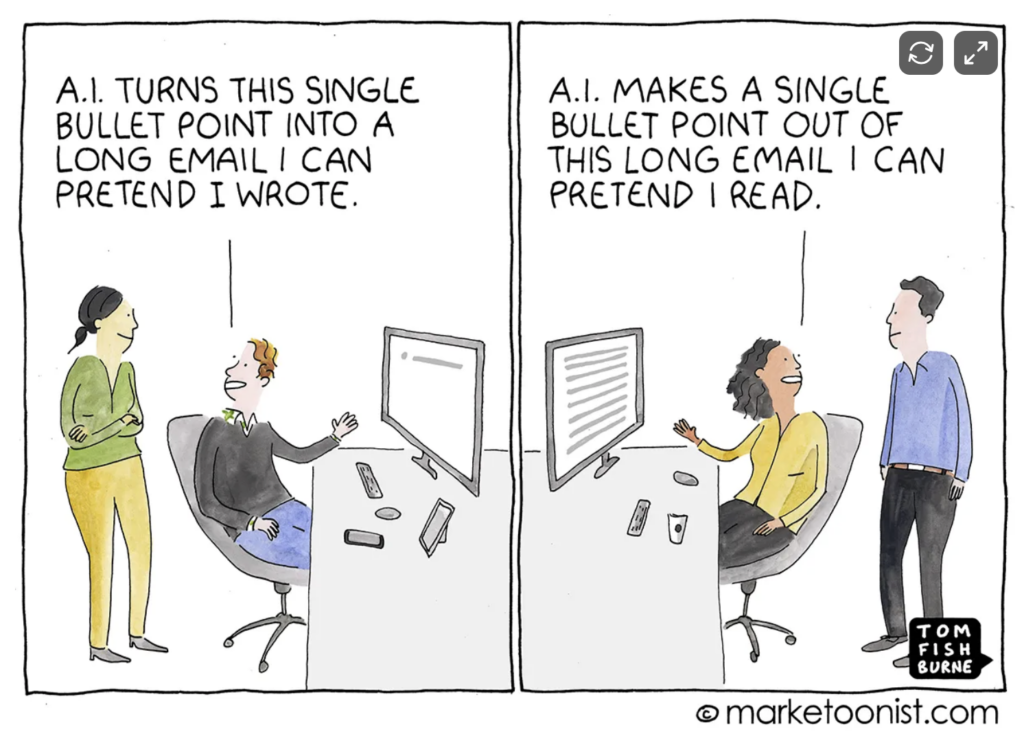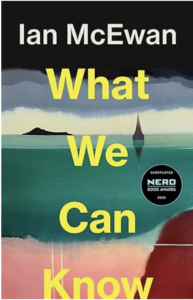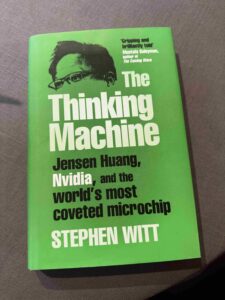Hoping for a bite

I’ve always been impressed by the phlegmatic endurance of these fishermen on the beach at Cley-next-the-Sea in North Norfolk.
Quote of the Day
”To be an enemy of America can be dangerous, but to be a friend is fatal.”
- Henry Kissinger
I wonder if Keir Starmer has got the message.
Musical alternative to the morning’s radio news
Tom Waits | Waltzing Matilda )
Long Read of the Day
America’s world turned upside down
Bill Emmott’s reflections on 2025.
It has been a dark and stormy year, although not in as benign a sense as the much-mocked melodrama by Edward Bulwer-Litton from which this paraphrase of his opening line derives, nor as funny as the Peanuts cartoons that played on it. The year has blended dangerous geopolitical turmoil and extraordinary political destructiveness with a powerful surge of technological development that could presage either prosperity or calamity – or perhaps both.
As such, for this author the year’s principal themes are best evoked not by the purple prose of Victorian gothic fiction but by one famous quotation from an Ancient Greek historian and two famous book titles from past eras.
The Greek historian is Thucydides (who else?) and the quotation his poignant description of the might-is-right era of the Peloponnesian War, nearly 2,500 years ago. That was a time, as he wrote, when some felt that ‘the strong do what they can and the weak suffer what they must’.
This, certainly, is how the great powers of our time, Russia, China and, most shockingly, now the United States have been behaving. They believe that their strength and size entitles them to behave in ways smaller fry cannot. The rest of the world, they think, just has to put up with it.
Until 2025, it was generally believed that, for all its faults and occasional bullying behaviour, the United States had stood behind the international laws and norms that since the 1945 United Nations Charter have sought to protect the weak and constrain the strong. But in his second term in office President Donald Trump has shown no interest in laws or norms…
Great essay. Do make time for it.
Books, etc.
It’s that time of year when publishers persuade literary editors to highlight books that are coming out soon-ish. I usually approach these with a jaundiced eye, but some one in the FT’s list looked interesting.
January:
- The Elements of Power: A Story of War, Technology and the Dirtiest Supply Chain on Earth by Nicholas Niarchos, Penguin Press
- Billionaire Backlash: The Age of Corporate Scandal and How It Could Save Democracy by Pepper Culpepper and Taeku Lee.
March:
- The Coming Storm: Power, Conflict and Warnings from History by Odd Arne Westad (Allen Lane).
- Muskism : A Guide for the Perplexed by Quinn Slobodian and Ben Tarnoff (Allen Lane).
- The Infinity Machine: Demis Hassabis, DeepMind, and the Quest for Superintelligence by Sebastian Mallaby (Allen Lane)
June:
Land by Maggie O’Farrell, (Knopf). Particularly interesting to me because it’s a novel about the Ordnance Survey mapping of Ireland during the Great Famine.
My commonplace booklet
Birdlife and death

What a dead Albatross chick ingested.
Remember Coleridge’s poem — The Rime of the Ancient Mariner? An albatross starts following his ship. The sailors see it as a good omen because it seems to bring a following wind, but the Ancient Mariner suddenly and inexplicably kills the bird with his crossbow. Afterwards, when disaster strikes the ship, the crew force the Mariner to wear the dead albatross round his neck. The symbolism: the bird represents the natural world and something holy or even divine. Killing it was an act of spiritual transgression for which the killer should — and did — feel guilt. It’s great poem, with a contemporary resonance evoked by the photograph.
Linkblog
Something I noticed, while drinking from the Internet firehose.
- The world’s largest accounting body has decided to scrap remote exams to combat a rise in students cheating when sitting tests remotely
The Association of Chartered Certified Accountants, which has 257,900 members, will end its online exams from March, requiring candidates to sit assessments in person unless there are exceptional circumstances, its chief executive Helen Brand told the Financial Times.
Remote invigilation was introduced during the Covid-19 pandemic to allow students to continue qualifying into the profession during lockdowns.
But the ACCA has concluded that online tests have become too difficult to police, particularly as artificial intelligence has made cheating more difficult to combat.
This Blog is also available as an email three days a week. If you think that might suit you better, why not subscribe? One email on Mondays, Wednesdays and Fridays delivered to your inbox at 5am UK time. It’s free, and you can always unsubscribe if you conclude your inbox is full enough already!
















